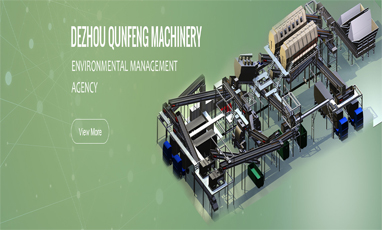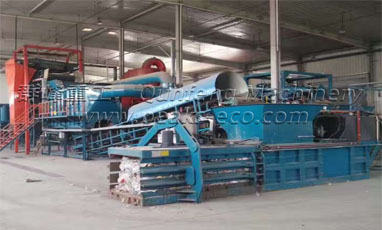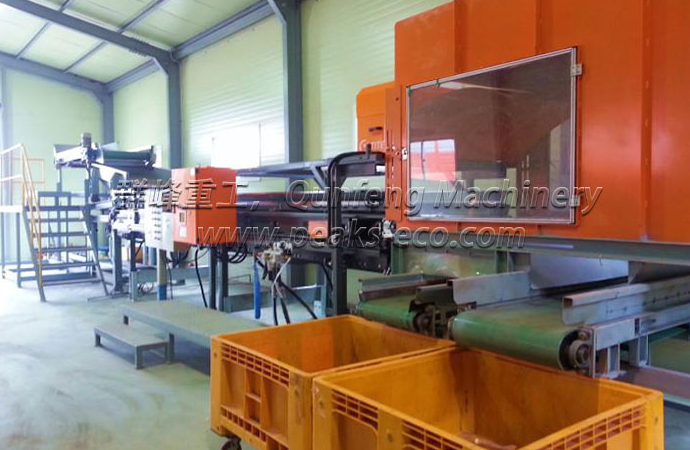Americans alone (every year) generate an astonishing 277 million tons of garbage. Since this number far exceeds that of any country in the world, the US government and environmental associations have devised many methods to deal with this imminent problem.
But what exactly is waste management? In the simplest terms, it can be defined as the collection, transportation, and treatment of garbage, sewage, and other waste products.
The process of waste management includes the treatment of solid waste and liquid waste. In the processing process, it also provides a variety of solutions for recycling items that are not garbage.
Therefore, the whole idea can be boiled down to the reuse of garbage as a precious resource. Given our current environmental climate, this process is vital to all households and businesses.
The benefits of waste management
There are multiple benefits to handling and managing waste.
Better environment
Perhaps the biggest advantage of managing garbage is that it will ultimately lead to a better and cleaner environment.
The waste disposal unit also contributes to the well-being of people and helps them stay away from diseases. The best thing is: while all this happens, unnecessary things are properly handled in a proper and hygienic manner.
Set up multiple waste treatment units in first- and second-tier cities to make preparations for waste treatment processes. In the long run, this will also help implement significant security measures.
Reduced pollution
If the waste is handled properly, it can not only eliminate the subsequent waste but also reduce the impact and intensity of harmful greenhouse gases, such as carbon dioxide, carbon monoxide, and methane, which usually come from waste accumulated in landfills.
Waste management can reduce our reliance on landfills and at the same time greatly reduce many factors that adversely affect the environment.
Energy saving
Recycling is one of the most important aspects of waste management, and it helps to save energy over time. One of the biggest examples of this advantage can be traced back to recycling paper.
We may all know that thousands of trees have been felled to make paper. When the used paper is recycled into new paper, the need to cut down trees is greatly reduced. This helps save energy and also reduces your carbon footprint.
Created jobs
The recycling industry alone has created hundreds of jobs. As more and more people adopt this environmentally friendly approach, organizations that create and sell recycled products have come to the forefront. This helped to promote their business and also created hundreds of jobs.
Help make changes
By managing waste, you will also have an impact on the entire society and the world. Although no one can completely throw away garbage, we can always adopt environmentally friendly practices that reduce and reuse garbage. In this way, you set an example for the people around you, and they now have the motivation to accept sustainable development methods.
The best way to waste management
Recycling and composting are the best waste management methods. So far, composting has only been possible on a small scale, either by individuals or in areas where garbage can be mixed with farmland soil or used for landscaping.
On the other hand, recycling can be widely used all over the world, and plastic, paper, and metal are the most recyclable items. Most recycled materials are reused for their original purpose. In some cases, they may also be sold for profit.
We are a waste recycling equipment supplier. If you are interested in our waste recycling equipment, please feel free to contact us.





